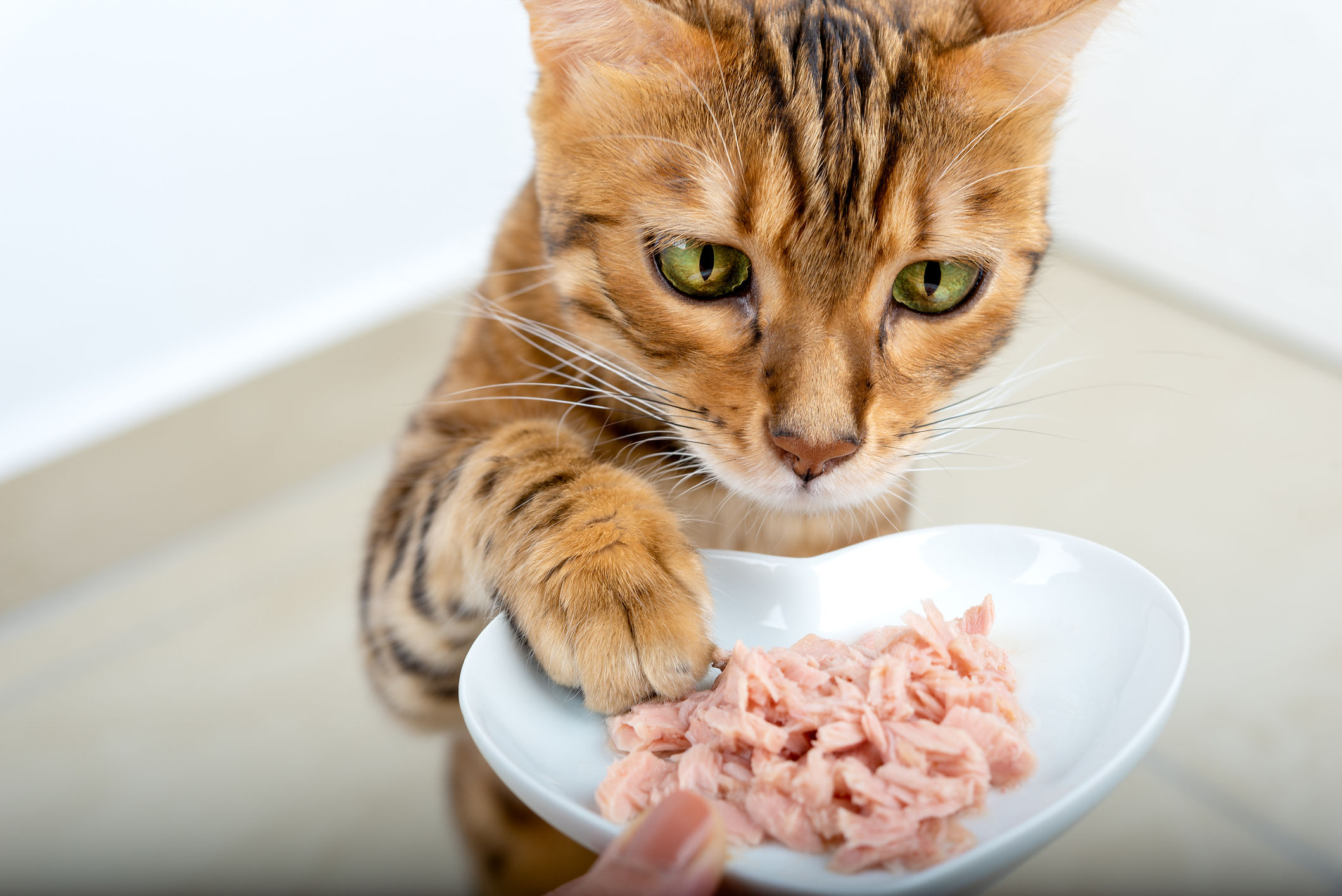
Save 35% with AutoShipUse code SAVE35 (Up to $20 max. Exclusions apply)

SAVE AN EXTRA $5 - $20 OFFUse code PETS in cart (Exclusions apply)

While efforts are made to answer all questions as quickly as possible, if an immediate answer is required or if your pet is in need of urgent or emergency care, contact your pet's veterinarian immediately.

You will receive an answer from Dr. Lindsay and our vet/tech team as soon as possible, usually the same day.
All answers are provided for informational or educational purposes only, and are intended to be a supplement to, and not a substitute for, the expertise and professional judgment of your pet's veterinarian.
It may be necessary to consult your pet's veterinarian regarding the applicability of any opinions or recommendations with respect to your pet's symptoms or medical condition.
Close
An error has occurred, please reload the page and try again.
CloseWhile efforts are made to answer all questions as quickly as possible, if an immediate answer is required or if your pet is in need of urgent or emergency care, contact your pet's veterinarian immediately.
There is no answer related to your question

From feline foodies to finicky feeders, there’s one flavor that just about every cat loves the most: tuna fish.
It’s probably obvious that tuna is the quickest way to your cat’s heart. Even so, recent scientific data has revealed some surprising insights about why cats obsess over tuna and how fish is a key component of the feline-human bond.
A 2023 article from the Chemical Senses scientific journal reported on the unique taste perception of domestic cats. Notably, cats are unable to taste sweetness, instead depending on their sense of umami, the taste of savory meatiness, to pique their appetite.
Researchers from the Waltham Petcare Science Institute tested this theory by offering cats water enhanced with different blends of amino acids and nucleotides, chemical compounds associated with umami-rich foods.
Cats seemed to respond best to compounds specifically found in tuna. These chemicals bind to their umami taste receptors for a powerful flavor experience that most cats simply can’t resist.
Now we know how cats savor the tantalizing taste of tuna. The next question is, why have cats developed this persisting penchant for pacific fish?
Did you know that cats rarely hunt fish in the wild? A domestic cat’s closest wild ancestors, which include the desert-dwelling African wild cat, lion, cheetah, and tiger, all mainly hunt on land, favoring rodents and birds. Wild cats only fish when food is scarce, when their preferred land-dwelling prey are hard to come by.
Cats were first domesticated over 10,000 years ago, and like other domesticated animals, they became close to humans by feeding on leftover food scraps. Those that had a taste preference for fish gained the evolutionary advantages of human friendship.
Early Egyptian depictions of cats show our feline friends hanging out by docks or under dining tables, devouring fish and meat scraps as a reward for driving away vermin.
Since fish-loving felines lived the longest, enjoying the regular meals, protection, and safety that comes with human friendship, it’s no wonder that their bloodlines have been the strongest, making a preference for fish a defining trait of domesticated cats.
Tuna is rich in protein, vitamins D and B2, and omega-3 fatty acids. When fed in moderation, it can be an excellent addition to your cat’s diet.
Canned tuna is safe to feed in small amounts, but tends to be high in sodium. Only feed canned tuna packed in water, as oil-packed tuna is high in fat and can lead to gastric distress.
Tuna is high in mercury and can put your cat at risk for developing mercury poisoning over time, though this condition is quite rare. Fish at the top of the food chain are high in mercury, while other fish, including sardines and salmon, are low in mercury. To reduce your cat’s risk, vary their diet by rotating between foods that contain tuna and other protein sources, and feed tuna sparingly.
It doesn’t take much tuna to pique your cat’s appetite and enhance their diet. Tuna can be used as a training reward, to bond with shy and anxious cats, or to administer medicine, so long as the medication is safe to give with food. For best results, mix a small amount of tuna in their meals, or try tuna lickable treats, purees, and meal toppers.
 Swipe
Swipe